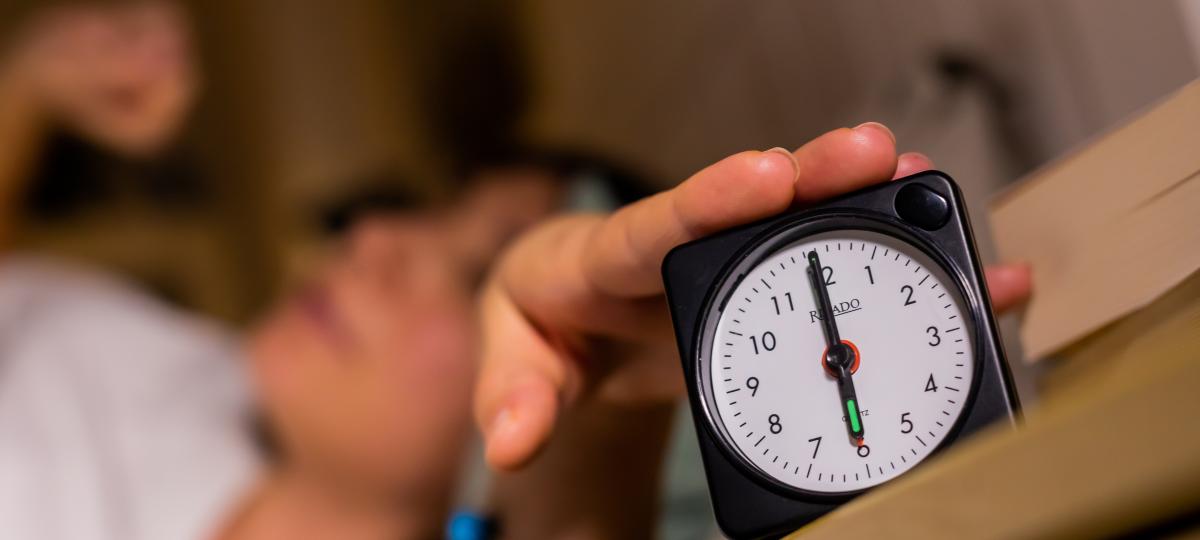Finns say goodbye – an expert tells the « unwritten rule » of the jobs

Customs culture|According to cultural historian Annakaisa Suominen, the culture of greeting is in Finland. In the vote, you can evaluate your own greeting methods.
The abstract is made by artificial intelligence and checked by man.
According to cultural historian Annakaisa Suominen, the culture of greeting is in Finland.
Pandemic, teleworking and digitalisation have been able to influence and make it more difficult for some.
Finns have traditionally been less open to greeting than many other nationalities.
Greeting is important for building community and trust, and neglect can cause uncertainty.
Once upon a time there was One job where the boss had to remind you that colleagues should be moaning. Also those who are not known personally.
In fact, this is not a fairy tale, but quite everyday in some workplaces.
In the elevator, colleagues do not lift their gaze from the cellphone when they try to get eye contact with them. In addition, the neighbor’s leaps in the stairwell without greeting.
Why is it so difficult for many? Why should adult people be reminded of normal behavior?
Have we become harder?
Let’s vote first. When you answer, you will see what others think.
Cultural historian Annakaisa Suominen It does not believe that Finns would suddenly forgot the behavior. He thinks that some kind of change may have occurred in our greeting culture in recent years.
“Pandemia had an impact on our greetings when we were able to avoid shaking at the national level. In addition, long distance may have influenced our greeting practices,” Suominen says.
The normative habits of social interaction are learned as a result of education. According to Suominen, these ways of interaction can now be in some kind of transformation, thanks to the development of digitalization and technology.
« We no longer have to meet so often in everyday life. Food can be ordered home, banking is done online, work is done remotely, and you can shop in the store. Greetings may have become more difficult for some. »
The cellular phone, on the other hand, provides an easy escape from the situation if you do not want or can greet it.
« The gaze on a cellphone can pretend not to notice another. »
Suominen has argued about the history of the handshake in Finland, but he has become more familiar with the greeting culture.
Suominen emphasizes that in recent changes in a greeting culture, he has no research information, but is considering the subject based on his everyday observations.
To other people Compared to Finns, the Finns have always been greeting.
When Americans are roughly moaning, the idea is that only familiar greetings – and not always them.
For example, when a Finn goes to the doctor’s office, he may not greet others in the waiting room. For many other people, it would have a sneaky behavior.
“In Finnish workplaces, on the other hand, there has been an unwritten rule that a colleague is greeted once a day, not every time he comes up,” Suominen says.
In Finland, personal space is valued, and greeting the unknown or halved may even seem intriguing, Suominen explains.
In addition, Finnish customs culture is relatively young, and late urbanization is also influenced by greeting practices. In a country where everyone knew each other, greeting was still natural.
« It may have been thought that the city is anonymous with the mass of human mass. Greeting may have seemed ‘rural’ and not wanted to be labeled. »
Greeting is always a kind of opening of social contact.
« There may be a fear of whether you have to start talking more about here if I greet me now. »
Greet However, it would rather be a little too much than too little, Suominen says. It’s a small gesture that matters big.
“The gesture shows attention and respect for another.”
Workplace greeting is an easy way to create community and build trust.
On the other hand, not greeting increases uncertainty. If a colleague or a neighbor ski past the gaze in the cellphone, the other may be wondering why he didn’t want to moan.
« It easily begins to wonder if you have done something wrong or whether the other one is angry about something. »
Of course, not greeting can also be a tool for power that can show contempt.
But even when it comes to a bump, it may seem like a stupid and unfriendly.
« All of us have a social need to be seen. »
There are also rules for greeting. In the past, it has been thought that a younger or lower position should be greeted first.
According to Suominen, however, few workplaces have such a clear hierarchy that one should consider who is the first to say hi.
In Suominen’s opinion, it is good for everyone to greet, but especially the forerunner, because they already have to take care of well -being at work and a good spirit.
« Greeting is about appreciating the other and respecting humanity. »
What if someone is just so anti -social mute that you will never be able to greet it?
« I would just encourage you to greet you if other people’s attention belongs to your own values world. Sometimes the habits also stick. »







